Artificial Intelligence ( AI) has evolved from science fiction to the everyday world. From voice assistants to recommendation algorithms to the most advanced artificial intelligence model, AI is everywhere. However, the question “Who owns AI? ” is far more complex than it appears. Ownership could mean the businesses that build it, the government agencies that regulate the technology, and even the open-source communities that are developing it together.
This article will discuss the definition of AI, how it was created, who invented it, the potential for it to dominate this world, and its place in cybersecurity, as well as marketing, and the advancing debate about AI, the ownership of AI, and its ethics.
Who Owns Artificial Intelligence
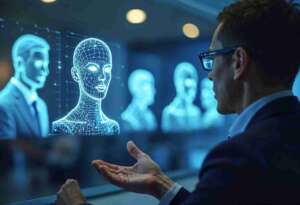
Artificial Intelligence is a field of computer science that concentrates on the development of machines that can perform tasks that typically require human expertise. The functions that are included include:
- Learning to understand natural language (speech or written)
- Recognizing patterns and images
- Making decisions based on information
- The benefits of experience
There are various kinds of AI:
- Narrow AI (Weak AI) – Specializes in only one thing (e.g., chatbots, recommendation systems, etc.).
- General AI is A type of theoretical AI that can think and learn as a human in a variety of areas.
- Artificial Intelligence Superintelligent – A possible future AI that can surpass human intelligence completely.
The current AI and the AI that powers tools such as ChatGPT can be classified under the umbrella of AI–extremely powerful, yet focused on a specific domain.
Who Invented Artificial Intelligence?
AI was not invented by one person; it’s the result of years of research conducted by mathematicians, scientists, and engineers.
Important historical moments:
- 1950 Alan Turing publishes “Computing Machinery and Intelligence,” in which he asks the infamous question: Can machines think?
- 1956 Dartmouth Conference: John McCarthy, Marvin Minsky, Nathaniel Rochester, and Claude Shannon officially coined the term “AI” Artificial Intelligence.
- 1960s-1980s: AI research grows in areas such as robotics, expert systems, and machine learning.
- 2000s to Present The advancements in computing power, Big Data, computing power, and algorithms speed up the adoption of AI into widespread use.
While McCarthy is acknowledged as the one who invented AI, the technology ‘s evolution has been influenced by thousands of contributing scientists around the world.
Who Owns Artificial Intelligence Today?
Ownership is dependent on how you view it:
- Technology Companies Big companies such as Google, Microsoft, OpenAI, Meta, Amazon, and IBM have their own AI systems and infrastructure.
- Govts – A few AI projects are financed or controlled by national government agencies to protect health and economic growth.
- Open Source Communities Platforms such as Hugging Face, TensorFlow, and PyTorch provide AI tools that are available to anyone to utilize and modify.
The reality is that no one person or business owns AI as a whole–but particular algorithms, databases, or technologies may be owned by private parties and protected under IP laws.
Will Artificial Intelligence Take Over the World?
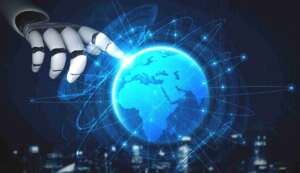
The concept that AI “takes over” comes from science fiction; however, it can be a catalyst for important discussions in the real world.
Current Reality
AI is powerful, but it’s restricted. It can’t think, feel, or behave independently without input from a human. It is confined by the rules that were set by the creators.
Potential Risks
- Jobs Displacement Automation may replace jobs within manufacturing, customer service, and even the creative industries.
- The biases of Discrimination AI have the ability to replicate biases discovered in training data.
- Security risks: Use of AI to attack cybercriminals or spread false information.
The Takeover Debate
The majority of experts are in agreement that AI will not be able to control the world consciously; however, poorly controlled AI could lead to massive issues if it is used in a reckless manner. Transparency, strong governance, and ethical guidelines are crucial.
Artificial Intelligence and Cybersecurity
AI plays a double role in cybersecurity. It can enhance security and make it easier for attackers to gain access.
AI in Cybersecurity Defense
- Threat detection – detecting suspicious activity on networks faster than humans.
- Fraud prevention – Identifying suspicious spending or activity on your account.
- Automated response : Rapidly identifying affected systems to prevent the spread of.
AI in Cybersecurity Threats
- Phishing Threats AI can create a plausible fake message.
- Deepfakes are used to impersonate scam victims.
- Automatic Hacking Automated Hacking (HTML0) AI can identify system vulnerabilities more quickly than traditional methods.
The problem is to ensure that AI is used for protection and not as an instrument of exploitation.
Artificial Intelligence in Marketing
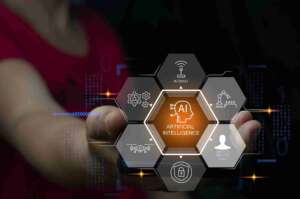
AI has revolutionized marketing by creating campaigns that are more customized, data-driven, and effective.
How AI is Used in Marketing
- Customer segmentation – grouping audiences based on their behaviour.
- Predictive Analytics – Predicting what consumers are likely to buy the next time.
- Content Generation – Automating descriptions of products, blogs, blog outlines, or advertising copy.
- Chatbots – Providing instant, round-the-clock customer service.
Benefits
- Increased targeting and ROI
- Faster decision-making
- Improved customer experience
AI-powered marketing tools such as Google Ads Smart Campaigns, HubSpot AI, and Jasper are becoming industry essentials.
Artificial Intelligence Messages and Communication
AI is progressively capable of creating and interpreting messages from chat messages and automated emails.
- Natural Language Processing (NLP) allows AI to recognize and respond to human-like manners.
- AI Messenger Bots are capable of handling customer service, scheduling appointments, as well as FAQs.
- Personalization Personalization of HTML0 – AI personalizes messages according to user preferences and improves engagement.
But, as AI-generated communication expands, transparency becomes crucial to maintain trust.
Ethics and Responsibility in AI Ownership
The issue of “ownership” leads into ethics. If an AI creates something, be it code, art, or text, who is the owner? The creator? The user? What is an AI company?
Organizations and governments are discussing:
- The Rights of Data: Who is the owner of the data AI is taught on?
- Transparency : Should companies reveal the use of AI? Is AI employed?
- Regulation – How can we prevent dangerous applications without stifling creativity?
A clear ethical framework will be essential to the development of AI in a safe manner.
Global AI Leaders
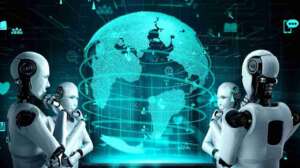
While AI is a global phenomenon, a few countries and corporations lead the way when it comes to research and innovation.
- United States – The home of Google DeepMind (US division), OpenAI, Microsoft AI, and IBM Watson.
- China’s major AI growth is in facial recognition eCommerce, e-commerce, as well as language models.
- European Union – The focus is upon ethical AI, regulation, and ethics.
- India’s growing AI sector in fintech, IT, and healthcare.
They often are the ones who set the tone for the development of technology, competition, and even regulation in the world.
Future of AI Ownership
In the future, AI ownership will likely comprise:
- Hybrid models, Private companies, as well as open source collaborations.
- Public Regulation – Governments are establishing AI safety regulations.
- Enhancing the User’s Power , giving users greater control over data generated by AI.
AI is not the property of any one entity, but will remain an open global resource that is defined by laws, ethics, and ingenuity.
Final Thought
Artificial Intelligence isn’t just a new technology, but a transformative force that is transforming economies, industries, as well as everyday life. When you ask “Who is the owner of AI? “, you are asking “Who has the power to decide its future? “
The way AI will develop will be influenced by the way that the government regulates the use of AI, how companies create it, and the way society decides to apply it. It can be used in the field of cybersecurity, marketing, or other everyday applications. AI’s possibilities are vast, but it also has its risks.
Ownership, in the end, may not be about possession, but about responsibility–ensuring that AI benefits humanity as a whole, rather than a select few.
FAQs
Q1. Who is the owner of artificial intelligence?
There is no one who owns AI as a whole. Particular AI systems are owned by governments, companies, or open-source communities.
Q2. Who was the first to develop artificial intelligence?
The concept was formally formulated in 1956 at the Dartmouth Conference by John McCarthy and coworkers; however, a variety of researchers were involved.
Q3. Artificial Intelligence is poised to take over the world?
AI is incredibly powerful, but it also has a small amount of. AI won’t be able to take over it, but misuse can cause massive harm if it is not properly controlled.
Q4. What is the impact of AI on cybersecurity?
It improves security by speeding up the detection of threats, but it can also be used to defend against cyber-attacks.
Q5. How can AI be employed in marketing?
AI assists in personalizing campaigns to forecast trends, create content, and even automate customer service.


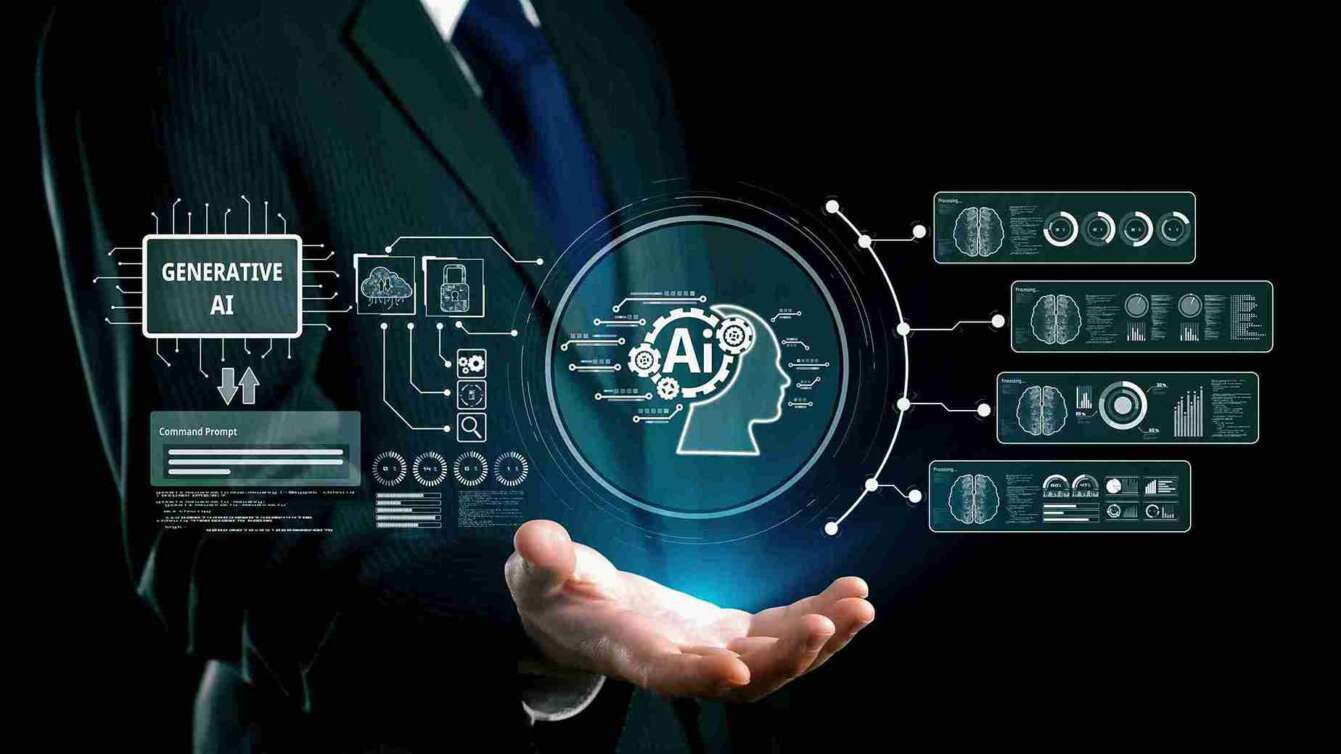



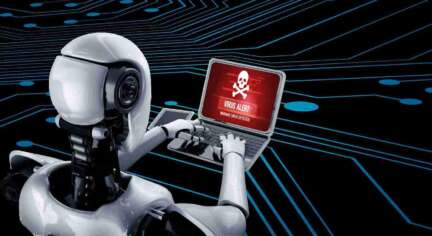



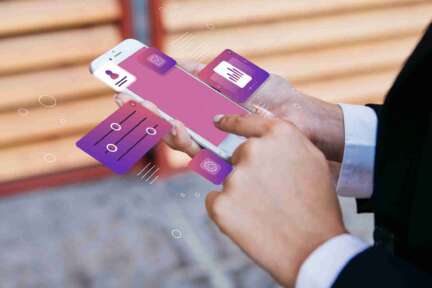
Leave a Comment